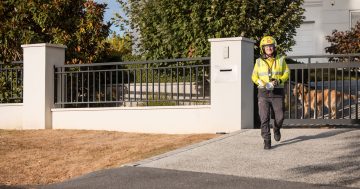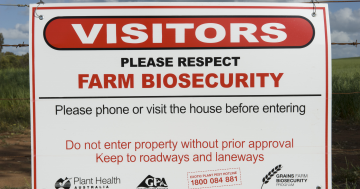 Four of Australia’s biosecurity detector dogs are departing for well-earned retirement, while a new cohort will soon hit the frontline at international mail centres to continue sniffing out pest and disease risks.
Four of Australia’s biosecurity detector dogs are departing for well-earned retirement, while a new cohort will soon hit the frontline at international mail centres to continue sniffing out pest and disease risks.
Minister for Agriculture, Drought and Emergency Management, David Littleproud, said the impact of COVID-19 on passenger arrivals means the new recruits will be trained and deployed to focus on biosecurity risks arriving through international mail.
“Our detector dogs and their handlers continue to be a vital part of Australia’s biosecurity system, intercepting tens of thousands of risk items each year,” Mr Littleproud said.
“JD from Cairns, Parker from Adelaide, Jaya from Sydney and Samba from Melbourne are now off enjoying their retirement, having collectively intercepted more than 43,300 risk items during their careers,” he said.
“Parker had a very busy 2019 with the most airport interceptions by any detector dog. This also resulted in a record high of 132 infringements issued.”
He said that through the $66 million African swine fever (ASF) response package, an additional six detector dogs would be deployed this year, with three to be deployed in the coming weeks.
“Normally the new detector dogs will graduate ready to work in the airport and during the first month of deployment they’ll undertake training to search international mail,” Mr Littleproud said.
“With the impact on passenger arrivals due to COVID-19, the three new recruits — Unique, Zoya and Qubit — will be put through their mail training now so they can start screening mail as soon as they deploy.
“This is important, as international mail will be an increasingly significant pathway for pests and diseases, with the impacts of COVID-19 likely to see more people buying goods online from overseas.”
He said threats like ASF weren’t currently in the headlines but were still a priority for emergency managements ensuring they had effective measures in place at our borders to manage the risks.











